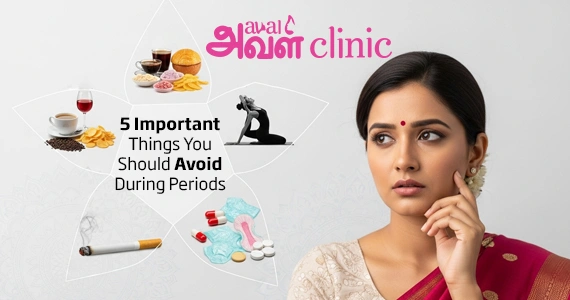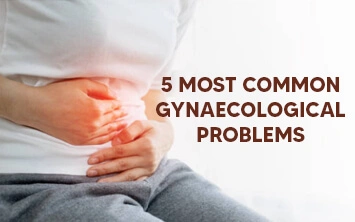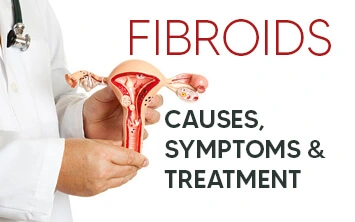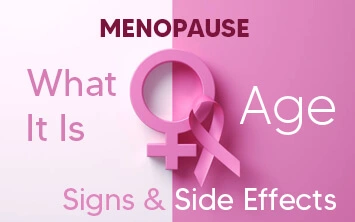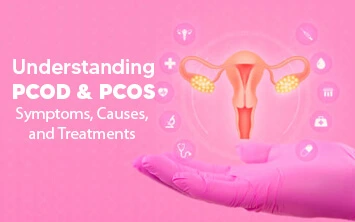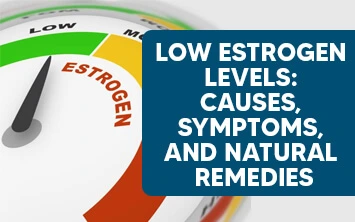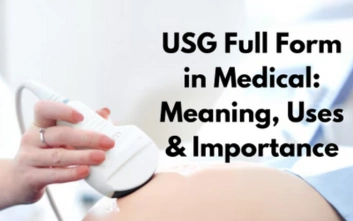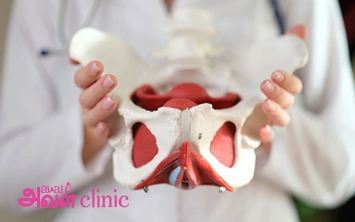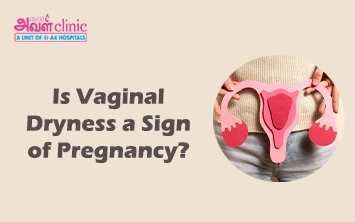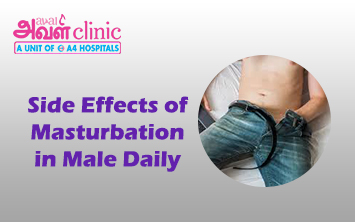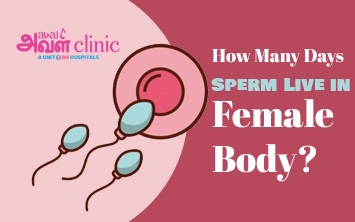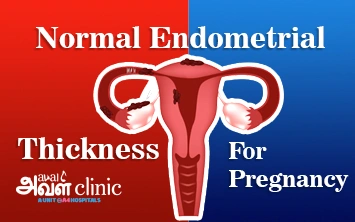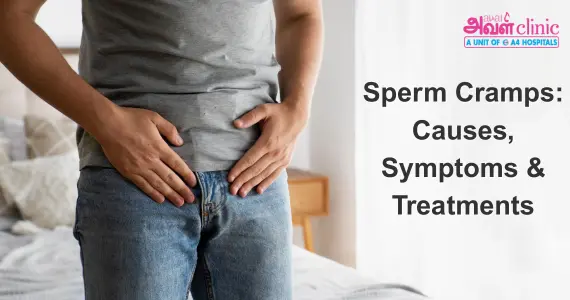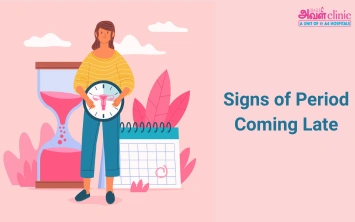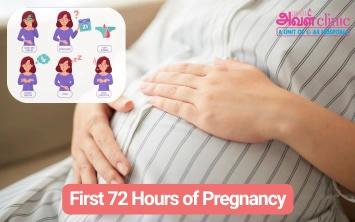Published on: July 25, 2025
Author: Admin
Regular periods are the indicators of normal, healthy life for a woman. It is typically a sign that all the processes in the woman’s body are functioning properly. Yet, the experience may widely vary from individual to individual. Some women may go through their menstrual cycle in a relatively smooth manner, while others go through with several discomforts. The discomforts may include cramping, mood swings, back pain, and bloating.
People follow different methods across the world to ease the discomforts of menstruating women. It may involve dietary restrictions, medications, or certain physical postures. All of these are aimed at relieving the discomforting symptoms associated with the menstrual cycle.
Listed below are some of the scientifically proven 5 important things you should avoid during periods. They are:
Five Important Things You Should Avoid During Periods
- Unhealthy eating
- Salty foods
Salty foods, when eaten during periods, can worsen your discomforting symptoms. Salty foods can generally increase the retention of water in the body. When consumed during periods, it can worsen the symptoms of bloating. The elevated levels of sodium in the salty food can make you appear more swollen, particularly in the face and abdomen. This is because of sodium’s ability to retain water. This can significantly increase the fluid levels in the body, resulting in the tissues swelling. - Spicy foods
Spicy foods can also worsen your menstrual symptoms. When eaten during periods, it can irritate the stomach and intestine. This may potentially lead to diarrhoea, nausea, and bloating. Some women reported that their body temperature has been elevated after eating spicy foods. - Sugary foods and drinks
Foods and drinks that contain too much sugar can largely worsen your menstrual symptoms. This is because the sugar in the food can elevate the sugar levels in the blood. It can also increase the discomfort of bloating and inflammation when eaten during periods. - Fatty and fried foods
Fatty and fried foods can negatively affect your menstrual symptoms. When eaten during periods, it can increase inflammation, mood swings, bloating, and acne. Hence, it is generally advised to avoid such foods, especially while menstruating. - Processed meats
Processed meats can again worsen your menstruation discomforts. Processed meats are nothing but the meat that is stored by salting, curing, smoking or adding preservatives or nitrates. The food contains both increased fat and sodium content. This may potentially lead to cramping, bloating, and indigestion. - Too much caffeine
Even though caffeine is widely considered a natural pain reliever, too much intake can worsen your menstrual discomfort. Too much caffeine can make you dehydrated, constrict your blood vessels in the uterine cavity, and increase estrogen levels. All of which can significantly contribute to worsening your menstrual cramps.
- Salty foods
- Overuse of painkillers
It is understood that some women experience severe discomforting symptoms during periods. However, to ease the pain, overuse of painkillers can cause serious health conditions. It may negatively impact your kidneys and fertility health. It may also cause stomach ulcers. To minimise the risk, you can try alternative remedies like relaxation techniques, heat therapy, or herbal methods. - Irregular sleep patterns
Irregular sleep patterns are one of the important things you should avoid during periods. Having an inadequate amount of sleep can lead to hormone imbalances and inflammation. It can also elevate dysmenorrhea, which is the worsening of the menstrual pain. - Breast examinations
Breast examinations, when done during menstruation, may certainly not exhibit accurate results. This is because hormone fluctuations play a significant role while you are menstruating. This can make your breast swell, become sensitive, and sometimes even appear to be lumpy. All these changes may make it harder for the examiner to detect the abnormalities. Hence, doing breast examinations is one of the things you should avoid during periods. - Strenuous physical activity
It is best to avoid strenuous physical activity during menstruation. Menstrual bleeding can generally make the woman’s body weak due to the increased hormone fluctuations. Strenuous activity at that time can predominantly lead to more discomforts like cramps, fatigue, and even heavy flow. It can also cause the increased risk of injury. Hence, it is best suggested to avoid strenuous physical activity during periods.
Need expert advice? Consult our doctors now!
Call Now: 80047 80048Important Things You Shouldn’t Avoid During Periods
Menstrual hygiene is a significant thing that you shouldn’t avoid during periods. It can help to make yourself feel comfortable, less irritable, odourless, and most importantly, prevent infections.
Listed below are some of the tips to practice menstrual hygiene for better health. They are:
Change sanitary products regularly
Changing sanitary products like pads or tampons regularly plays a key role in promoting menstrual hygiene. Prolonged use of the same sanitary product throughout the day can grow bacteria within the pad or tampon. This may cause infections like bacterial vaginosis and UTIs. When you change the sanitary product at least 2 or 3 times in a day, it can help prevent skin irritation due to the prolonged contact with the moisture. It can also help prevent infections and unpleasant odour.
Wash genitals with warm water
Washing your genitals with warm water is significant when it comes to menstrual hygiene. Warm water can generally remove bacteria, promote comfort, ease muscle tension and soreness that have been caused by menstrual bleeding. Warm water is also associated with enhancing blood supply, which may potentially reduce menstrual cramps.
Remember to wash your genitals from the vagina towards the anus, and not the other way around. Also, make sure to not use any scented cleansers to wash your vagina. This may potentially wash away the natural vaginal pH levels and cause infections like bacterial vaginosis.
Wash hands
Again, washing hands before and after changing sanitary products is an important thing that should not be avoided during periods. Hands can carry microorganisms (germs). When attempting to change the sanitary product without washing your hands, it has a significant possibility of transferring the germ to your vagina. This may lead to infections like bacterial vaginosis and UTIs. Hence, it is always suggested to wash your hands properly before and after changing your sanitary product.
Wear comfortable clothes
Wearing comfortable loose-fitting clothes while menstruating is crucial. This may help with better airflow and minimise irritation caused by sweat and heat. It can also help with minimising menstrual discomforts like bloating and cramps. Conversely, tight-fitting clothes can trap the heat and moisture. This may potentially allow the bacteria to grow and lead to the development of infections or skin irritations.
Disposal of used products properly
Proper disposal of used sanitary products is important for both individual and environmental health. Used products have the potential to harbour microorganisms. When disposed of improperly, it can certainly spread infections to the waste collectors. It can also attract various animals, including insects. This can negatively affect the environment, create unsanitary conditions, and increase the risk of spreading diseases.
Stay well-hydrated
Staying well-hydrated is another significant thing that should not be avoided during periods. Drinking an adequate amount of water throughout the day can help alleviate menstrual discomforts like dehydration, headache, constipation, and bloating. It can also help with easing menstrual pain.
When to Seek Medical Help
The above-mentioned things might significantly help you alleviate menstrual discomfort symptoms. However, there are other symptoms that might need immediate medical help. They are:
- Menstruating in-between periods.
- Prolonged periods beyond your usual cycle.
- Less or more bleeding.
- Severe pain during the cycle.
Summary
During your periods, it is best to avoid certain practices like unhealthy food habits, overuse of pain-relieving medications, inadequate sleep, breast examination and heavy workouts. Conversely, practising good hygiene during periods also plays a crucial role in overall well-being. It helps to alleviate discomforts associated with menstruation and prevent infections. However, never neglect to have a consultation with the healthcare provider if any of the symptoms worsen.
Remember to talk to your healthcare provider if you are concerned about any changes in your body. Never try to hold back thinking it might be silly. Healthcare providers at A4 Fertility Centre will always ensure answering your concerns as they are committed to supporting expectant mothers all through pregnancy.

